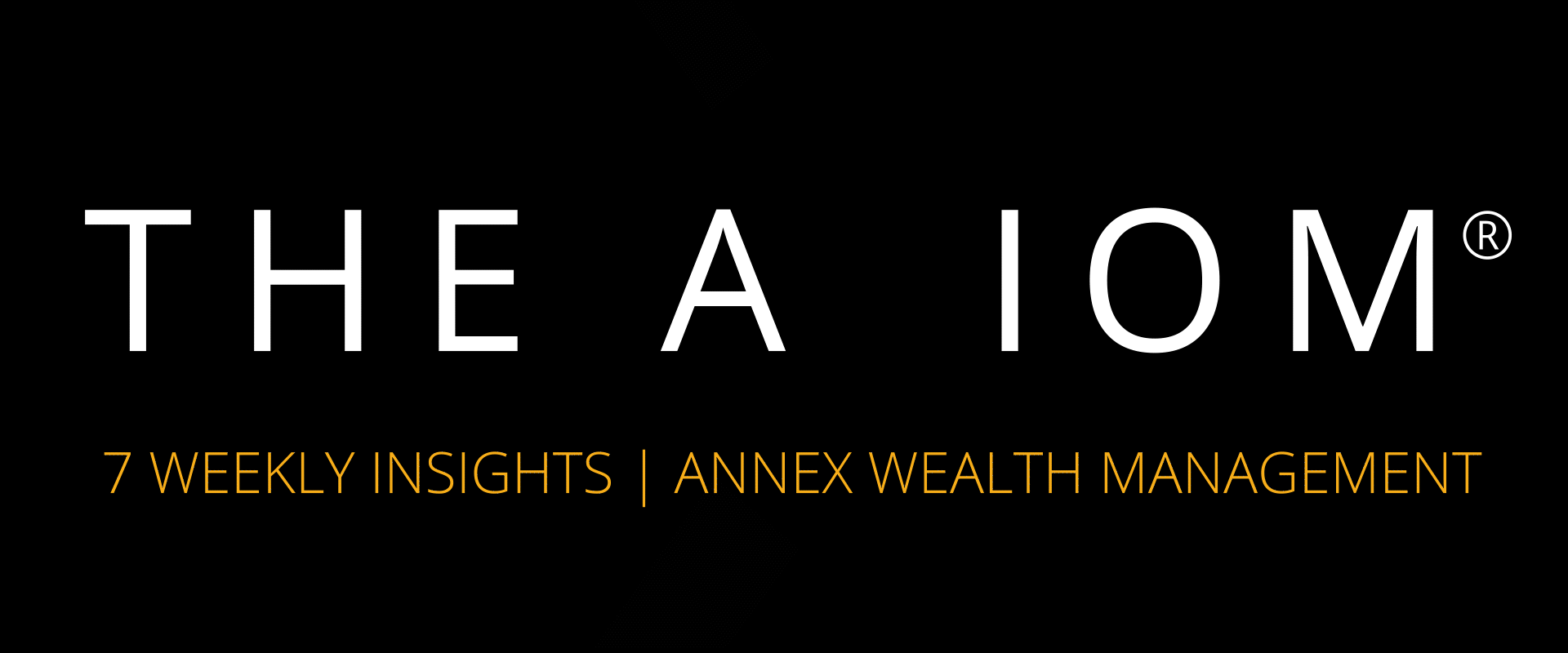
US Debt was downgraded and earnings reports were mixed. Some simple math seems to show there is now an alternative to stocks. Annex Wealth Management’s Dave Spano and Derek Felske discuss.

Last week we asked our readers to tell us if they have a will in acknowledgement of August being National Make-A-Will Month.
There are many reasons to have a will, with one of the biggest being the fact that it provides peace of mind to you and your family. They’re meant to help anyone, regardless of socioeconomic status.
While less than half of Americans have a will, a whopping 82% of respondents to our poll said they already have one. 11% said they don’t have a will, but are in the process of creating one, and 7% don’t have, nor have plans to draft one.
For those without a will, here are some reasons to make one this Make-A-Will Month.
BACK TO TOP ↑
In The News

Recently, Annex has been quoted in news stories all over the world – and your television dial. Our Chief Economist, one of the leaders of our Investment Team, has had the opportunity to provide his expertise in interviews with publications like the Wall Street Journal and on-air with CNBC. Check out Brian Jacobsen’s latest interviews as he represents the Annex team. →
BACK TO TOP ↑
Make Sure You Have Core Estate Planning Documents
No comprehensive financial plan is complete without an estate plan. Estate planning is important for everyone, regardless of net worth, because it involves specifying your wishes and who you want in control, both in the event you are unable to manage your own affairs, and at the time of your death.
Estate planning also makes it easier for your loved ones to administer your affairs – and likely will save them some significant legal fees.
This week’s MoneyDo: make sure you possess these critical Estate Planning documents:
-
- Power of Attorney for Finances and Property, also known as a Durable Power of Attorney or Financial Power of Attorney. The Durable Power of Attorney names an individual to act on your behalf during your life, as it relates to your finances and assets. This often gives the power of attorney the ability to file tax returns on your behalf, apply for Medicare, Medicaid, Social Security and other government benefits, pay your bills and access your financial accounts. If you were to become incompetent without a Financial Power of Attorney in place, court-supervised guardianship would be required for someone to be able to manage and take care of your finances.
- Power of Attorney for Health Care names someone to make health care decisions if you are unable to make those decisions yourself. It also gives you the opportunity to give direction to that individual if various medical situations arise.
- Last Will and Testament is the primary document that will provide how assets titled in your individual name without a joint owner or beneficiary will be distributed. Your Will also appoints an executor responsible for managing your estate and following your final wishes. If you have minor children, your Will can also nominate a guardian to care for them. Assets distributed under a Will go through the court supervised, probate process.
Once you have assembled those key pieces, estate planning can and often does include additional documents depending on the nature of your assets and family situation.
-
- Revocable Trust, also known as a Living Trust, can be used in conjunction with a Will and become the primary mechanism to distribute assets outside of the probate process. A trust allows for continuity of management during life and after death, as it continues automatically without having to wait for the court to appoint an executor. An important decision to make in the planning process will be naming a successor trustee to provide for a smooth transition and continuity in management of the trust assets upon your death or incapacity.
- Marital Property Agreement is an additional document that can be used in marital or community property states as part of an estate plan. The agreement classifies property owned as either individual or marital property and that classification can have an impact on how an estate plan flows when individuals pass away. A primary advantage to using a marital property agreement is that it can also be used to help avoid probate.
All five of these documents are used regularly as part of a comprehensive estate plan, in conjunction with beneficiary designations.
Beneficiary Designations, Transfer on Death Provisions and Asset Titling are also important components to ensure the estate plan you have designed will be effective and easy to administer when you pass away. Beneficiary designations, transfer on death provisions and joint accounts will pass automatically according to the terms of the account rather than under the terms of your Will or Trust. When developing your comprehensive estate plan, it is important to review and update all your accounts to fit.
BACK TO TOP ↑

BACK TO TOP ↑
BACK TO TOP ↑
Annex Wealth Management provides free workshops, open to the public, on key wealth management topics.
BROWSE EVENTS →
